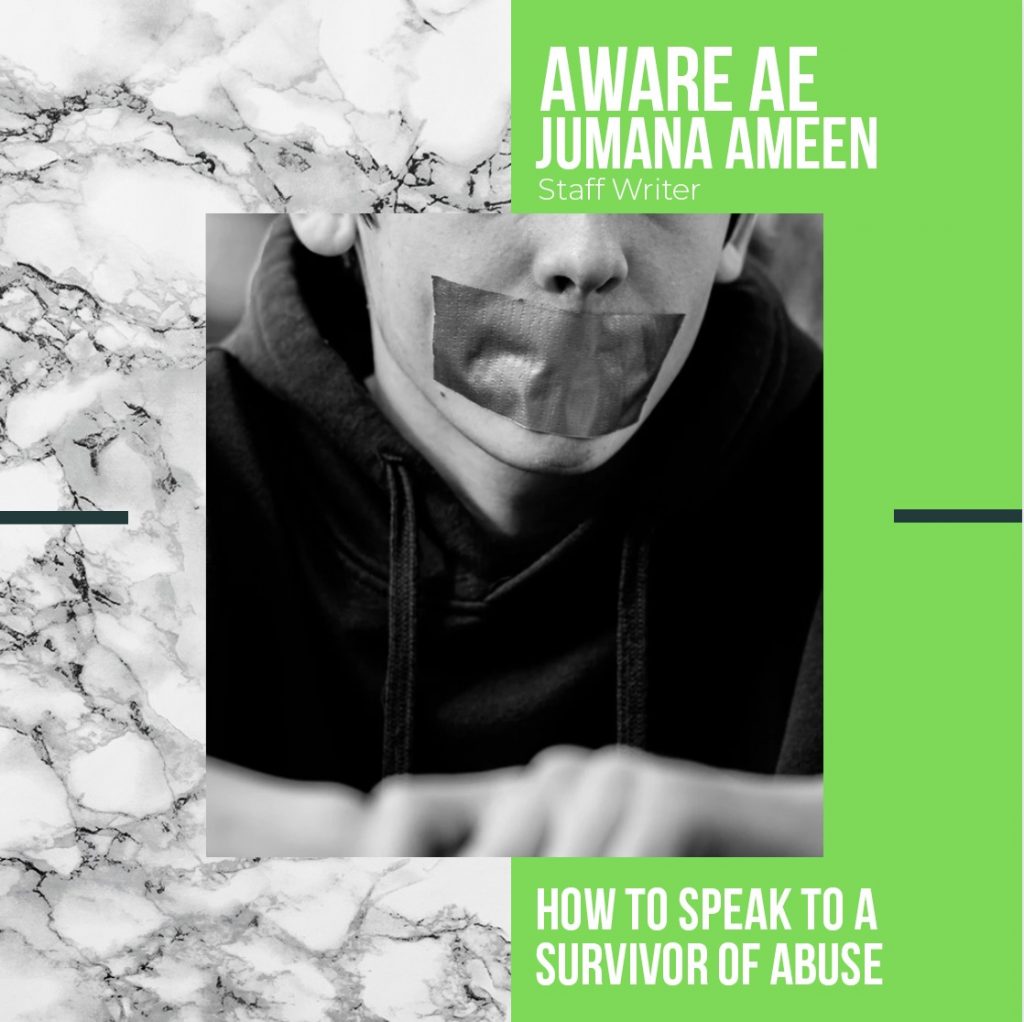Trigger warning: this article discusses abuse.
It is not easy to disclose about an event of assault for the fear of judgement can be extremely difficult. Listening is a great way of support. Listen to their story if they want to talk, but do not pressure them in any way as they may just not be ready to talk about it, or it may be too painful to recall the events.
Specific Phrases that Can be Used
I believe you. It is not easy to come forward with a case of abuse. There are many factors restricting survivors, such as the fact that one may feel ashamed or even afraid that they will be blamed. They may also fear that they may not be believed, thus it is essential to reassure them that they are heard and trusted. Do not let their calm demeanor mislead you into thinking that they are okay because everyone responds differently to trauma. Their possible calmness is no suggestion that they did not go through the event.
It is not your fault. Survivors often blame themselves, especially when the assault is committed by a familiar person. It may be helpful to remind them that this is not their fault in any way and that they did not have anything to do with it.
I am sorry this happened. You do not deserve this. Acknowledge the pain this event has caused them. This shows that you empathize with them. Along with this, you can remind them that they are not alone and say, “I am here for you, and I am here to listen.” Remind them of others they can talk to as well to ensure that they know that they are not alone.
Avoiding judgement is vital in these situations. It is not easy to watch a loved one struggle for a long period, and we often tend to suggest that they dwell on such events for too long using phrases such as, “how much longer will you feel this way?” This, in turn, hurts the victim and makes them feel as though others cannot understand their pain, which can cause alienation as well as prevent them from talking about it. You must understand that this event may have happened years ago, but the pain may remain. Check up on your loved one periodically and allow them time to heal.
